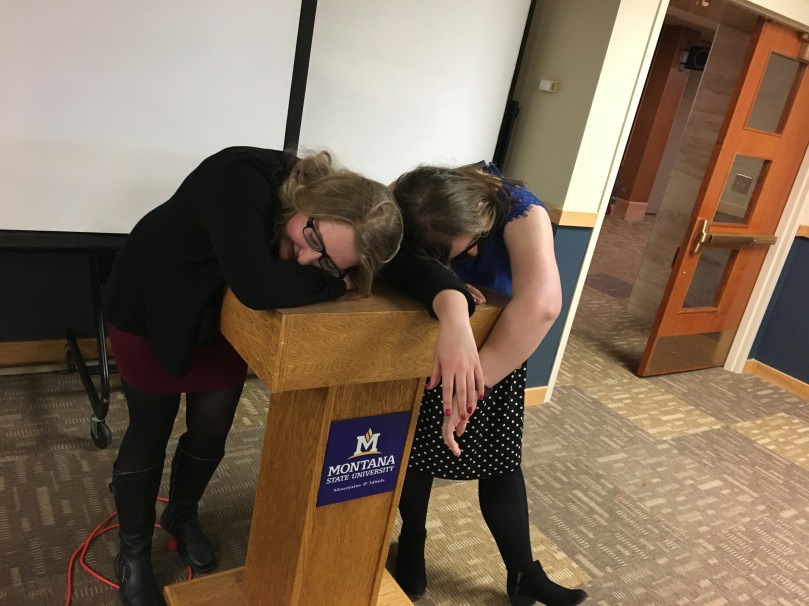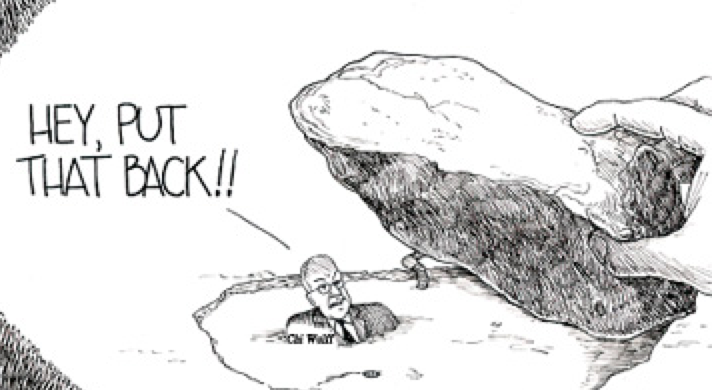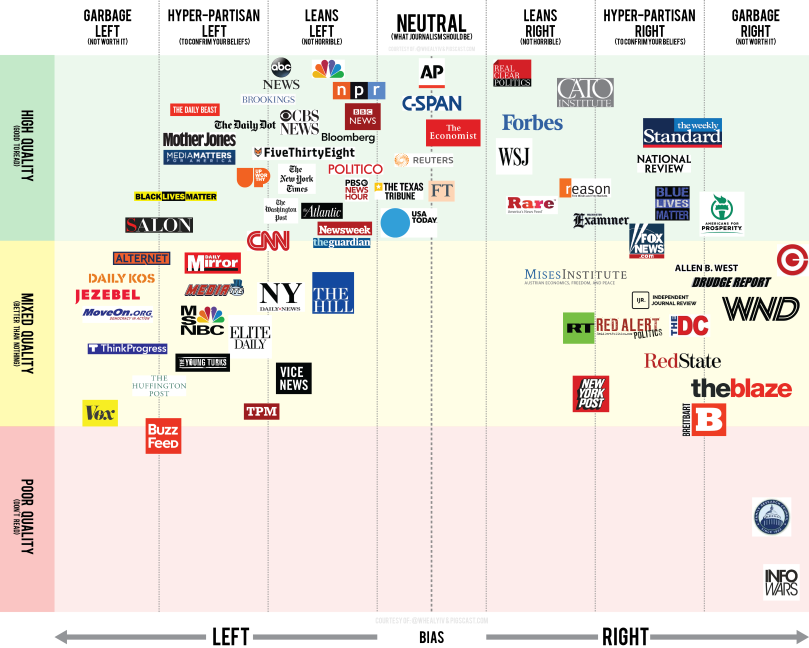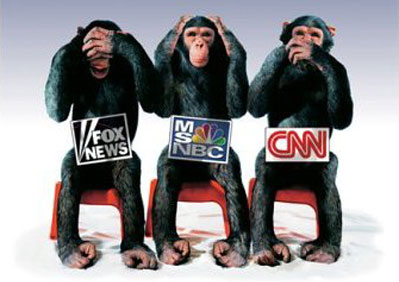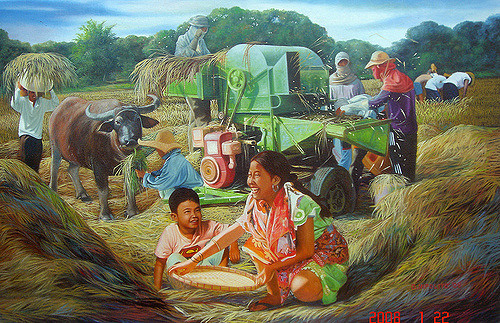
Interview with Jenny Lavey, Communications Director at Montana State University
Jenny writes for College of Agriculture and Montana Agricultural Experiment Stations at Montana State University. She has been working at Montana State University (MSU) for four years. Her writing responsibilities includes reaching out the ongoing research in Agricultural Science at MSU to growers of Montana and federal government by extension and technical writing, and making people aware of MSU’s research accomplishments through news, social media, web and magazine writing. She is the only one writer for College of Agriculture and covers all activities and events frequently done by College of Agriculture in the field of soil, plant, animal, and environmental sciences. In addition, she also teaches two Technical Writing courses in Dept of English at MSU.
She fell in love with reading and writing in her school days and then earned bachelor degree in English Literature and masters in Composition & Rhetoric. After college years, she started reporting for a newspaper about criminal behaviors and their court trials. Within few years of doing that job, she emotionally drained with that and decided to change genre and started learning and reporting local farmers about agricultural and natural resources. The 2008 economic recession in US shut down her newspaper and she had to find another job and then she got new job at MSU.
She works individually and feel more comfortable doing that, but she also believes that sharing your writing piece with others for editing, language and fluency make a writing piece stronger. Because if more peoples are engaged in a writing more ideas come in, hence she collaborates often with communication department at MSU and asks for necessary feedback.
She always interacts with her clients and writes what are they doing that has impact on state or national agriculture. She seeks for new inventions, discoveries, new recommendations, high impact journal articles from faculty and researchers and then prepares writing pieces for general public and then sends for publication. She observes that the researchers are too technical and it is difficult for them to come out from technical zone and write for general audience. They can’t communicate efficiently with people who are outside their technical zone, trying to do so may impair their technical skills. So, they need someone who can outreach their work to public and writes do that very well. She feels, she always has more science work than her ability to write, hence this job is too demanding.
She has three type of audience, one is federal government personnel- technical, second is growers- non-technical and third one is website users- informative. So, to fill the everybody’s need, she writes same piece in different voices, for different audience. Faculty send her annual reports of the work they have done and then she prepares it to satisfy the objectives of federal or private funding agencies and to convince them to provide funding again if necessary. She writes feature stories like about pulses, horticultural crops, and new technology for growers and for the same she visits experimental stations and asks researchers for scientific ideas and innovative growers to collect content. She interacts with growers on ‘field days’ to present the work university is doing for them and to cover the news. Since social media has become more powerful news sources, she also writes for social media account of College of Agriculture.
She writes only during academic hours. She wishes to write for her own writing during non-academic hours, but also need personal and social space, hence it hard to be a writer and getting paid. However, she always thinks about new ideas and ways of improving her academic writing beyond academic hours. She believes that you are always catching ideas whether you are in grocery store or in social conversations. In free time, she reads other’s writing ranges from fiction to non-fiction and that help her to hone her writing process.
The most challenging part of her writing is the conversion of technical language from scientific to meaningful non-scientific language, in a way to reach its intended audience like a grower or a layman. That’s the most difficult part because she has master in English- Composition & Rhetoric and doesn’t know much about scientific, and technical jargon. Similarly, researchers and faculty are not efficient in non-scientific writing. So, whenever she writes, she sends back the writing piece to the faculty for proof reading and editing. Sometimes, there are conflicts on certain piece of writing, both sides claim to be right. She learns from the faculty about the technologies and faculty learn from her about the easily consumable forms of writing, hence it becomes two-way learning.
Her writing inspiration comes from the moral science that she is helping the researchers and students in their efforts to feed the world. She feels more rewarded when she comes up with a magazine or a feature story that can influence people and help growers to produce food to feed the world. And that’s how, she justifies her work and feels energetic.


